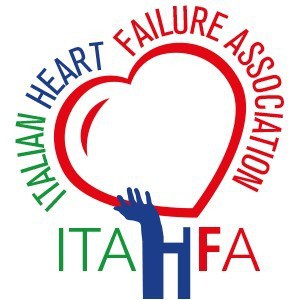Search results
Author(s):
Gabriele Fragasso
Added:
3 years ago
The development of heart failure is rarely dependent on primary alterations of cardiac metabolism. The majority of heart failure cases result from diseases of the cardiac muscle, most frequently ischaemic heart disease. However, whatever the cause of heart failure, the net result will be depletion of myocardial adenosine triphosphate (ATP), phosphocreatine and creatine kinase levels with…
View more
Author(s):
Giuseppe Rosano
,
Cristiana Vitale
Added:
3 years ago
Heart failure (HF) affects 1–2% of the population in developed countries and absorbs a significant amount of human and economic resources.1–3 It is a complex syndrome, characterised by a spectrum of symptoms and signs ranging from minimal loss of normal functional capacity to more severe symptoms refractory to medical therapy. It may be associated with different aetiologies and varying degrees of…
View more
Author(s):
Yury Lopatin
Added:
3 years ago
Heart failure is currently one of the leading causes of death and disability worldwide, which makes it a major public health problem.1,2 Traditionally, heart failure is considered a complex syndrome with several features, including abnormal myocardial function and excessive, continuous neurohumoral activation. In this context, the current optimal pharmacological treatment of heart failure focuses…
View more
Author(s):
Cristiana Vitale
,
Ilaria Spoletini
,
Giuseppe Rosano
Added:
3 years ago
Exercise intolerance is a typical symptom of heart failure (HF), impairing patients’ ability to perform activities of daily living and affecting quality of life (QOL).1 Chronic HF is characterised by a progressive reduction in exercise capacity, increasing fatigue and shortness of breath.2 In addition, exercise intolerance is often accompanied by increased blood pressure and chronotropic…
View more
Author(s):
Mark A Peterzan
,
Oliver J Rider
,
Lisa J Anderson
Added:
3 years ago
Heart failure (HF) can be defined haemodynamically as any abnormality of cardiac structure or function resulting in a failure to deliver oxygen at a rate adequate for tissue requirements, despite normal filling pressures – or only at the expense of increased filling pressures.1 Around half of patients with HF have reduced left ventricle ejection fraction (LVEF; EF <40 %) at rest (HF-REF).2
…
View more










